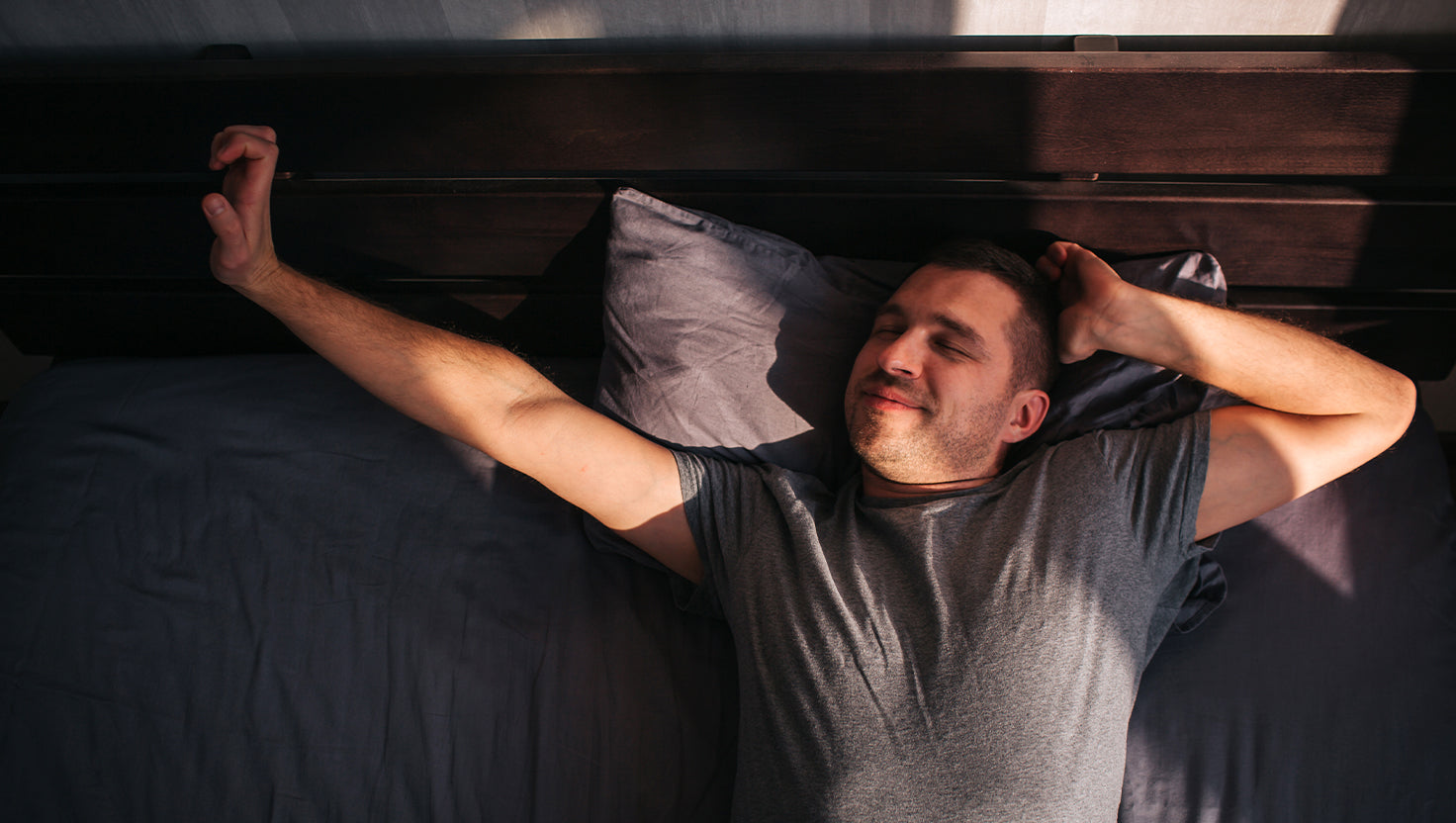
In a world consumed with hustle culture, sleep is sometimes overlooked like a warm-up routine on leg day. But here's the harsh reality: without adequate sleep, your progress suffers—both in the gym and in life. Whether you're a beginner looking to establish a consistent regimen or an elite athlete aiming for optimal performance, sleep is your most overlooked secret weapon.
Let's explore the science of sleep and how optimizing your recovery can increase your power, endurance, and mental clarity.
| Table of contents |

Why Sleep Matters in Fitness and Recovery
Sleep is not simply "rest." It's a very effective anabolic state in which the body rebuilds, repairs, and resets.
During deep sleep (especially stages 3 and 4 of Non-REM sleep), your body produces growth hormone (GH), which is necessary for muscle repair, fat metabolism, and bone strength. A study published in the Journal of Clinical Endocrinology and Metabolism found that up to 70% of GH secretion occurs during deep sleep, particularly in the first half of the night. Do you miss that window? You are passing up opportunities for healing and performance improvement.
Research Findings: Sleep and Athletic Performance
Let's see what the data says.
- The Stanford University Sleep Study (2011) found that men's basketball players who slept for 10 hours each night for five weeks increased their sprint times, shooting accuracy, mood, and response time.
- According to a study published in the European Journal of Sport Science (2020), sleep deprivation can lower time to exhaustion by 11% and VO2 max by 8%. Means, when you don't get enough sleep, your cardio tank empties faster.
- According to a 2019 study published in the International Journal of Sports Physiology and Performance, athletes who get less than 7 hours of sleep have a 60% increased risk of injury.

Sleep Deprivation: What Happens to Your Body?
Missing sleep does more than simply make you sleepy; it affects your entire hormonal system.
- Research from the University of Chicago found that a week of less than 5 hours of sleep can drop testosterone levels by up to 15%. This is equivalent to ageing your body by a decade overnight.
- Poor sleep increases cortisol levels, leading to muscle breakdown and abdominal fat storage
- Poor sleep disrupts glucose metabolism, leading to weight gain and slower recovery and decreases Insulin sensitivity.
How to Improve Sleep for Maximum Recovery
Optimizing sleep is about quality, consistency, and rhythm, not just logging random hours. Here are science-backed ways to make the most of your nights:
1. Stick to a Sleep Schedule
- Your body enjoys rhythm. Aim to sleep and wake up at the same time every day, including weekends. This strengthens your circadian rhythm and increases sleep efficiency.
- According to Harvard Medical School studies, consistent sleep timing enhances alertness, muscular coordination, and reaction time—even when total sleep time is constant.
2. Create a Pre-Sleep Routine
- Wind down 30-60 minutes before bedtime. Ditch the screens, turn down the lights, stretch, meditate, or read.
- Phones and TVs emit blue light, which suppresses melatonin, the sleep hormone.
- A warm shower before bed might imitate your body's natural temperature decline, allowing you to fall asleep more quickly.
3. Control Your Sleep Environment
To create a comfortable sleeping environment
- Keep the temperature in your bedroom between 18-20°C.
- Use blackout curtains and earplugs to reduce noise and light exposure.
- Invest in a quality mattress and pillow, as you spend around 1/3 of your life on them.
4. Limit Caffeine and Alcohol
- Caffeine can stay in your system for 6-8 hours, disrupting deep sleep. In the evening, drink herbal teas like chamomile or ashwagandha.
- Alcohol, while initially sedating, can disturb REM sleep later in the night. It is a misleading way to sleep.
5. Train Hard, But Not Too Late
Exercise promotes deep sleep, but vigorous workouts within 1-2 hours of bedtime can keep your nervous system active. If the evening workouts are your only option, prioritise stretching and cooldowns to ease into sleep mode.

Supplements For Better Sleep
While lifestyle changes should be the primary course of action, some supplements can help you sleep.
- Melatonin (0.5-3 mg) can reset your sleep-wake cycle, especially if you work shifts or travel between time zones.
- Magnesium Glycinate helps calm the nervous system, reduce anxiety, and promote deeper sleep.
- ZMA (Zinc, Magnesium, B6) is a popular supplement among athletes for recovery and sleep assistance.
- Ashwagandha, an adaptogen used in Ayurveda, has been found to reduce cortisol and enhance sleep quality.

Bottom Line
Your workout does not end when you rack the weights; it ends when you hit the bed. Sleep is when the body recovers, hormones balance, and the nervous system recharges.
You can crush every workout, food prep like a champ, and take all the correct supplements—but if you don't get enough sleep, you'll be chasing results with one foot on the brake.
So, tonight, avoid late-night scrolling. Lower the lights. Stretch. Breathe. Recover. Because tomorrow's performance is contingent on tonight's sleep.



